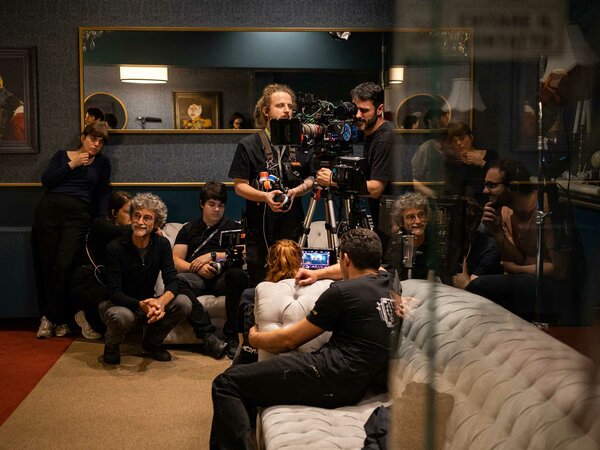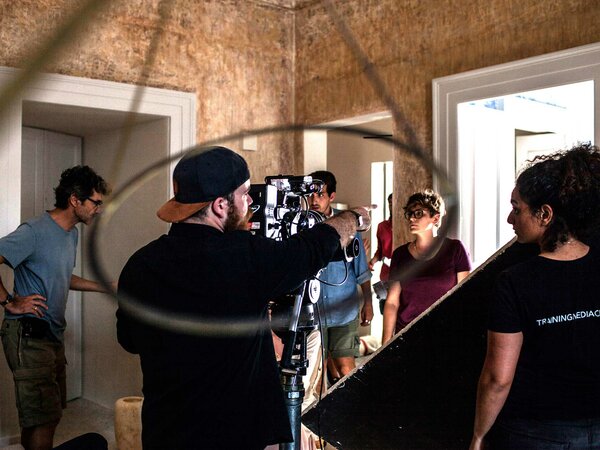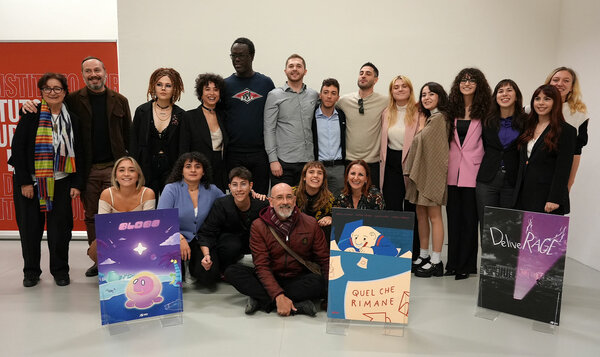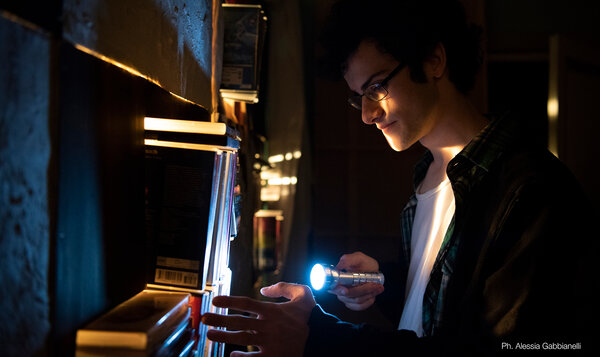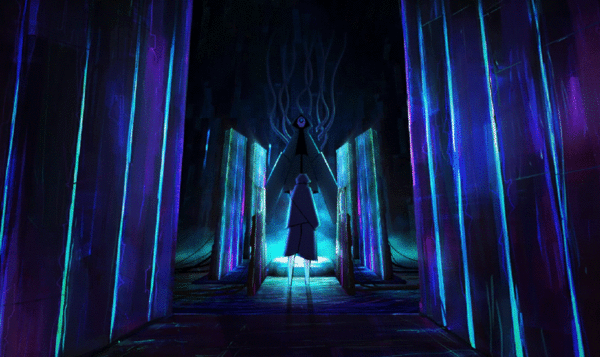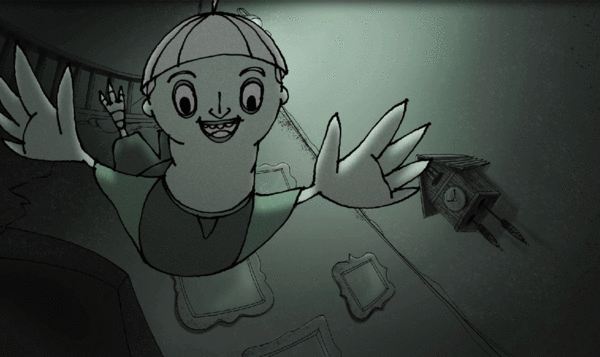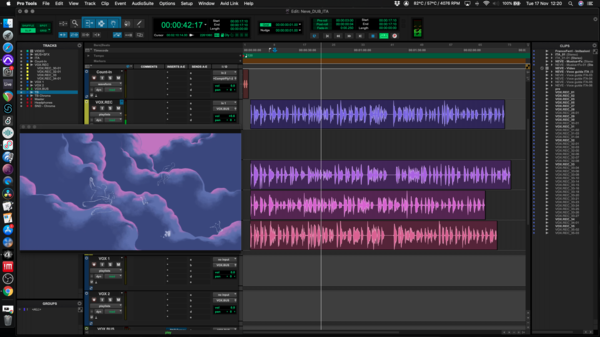
Screenwriter: Who they are, what they do, and how to become one
Who they are and what they do
A Screenwriter is a key figure in the film, television, and theatre industries, responsible for creating the stories that come to life on screen or stage.
This professional writes screenplays for films, TV series, and theatre productions, translating ideas and concepts into dialogues, scenes, and actions that capture the audience’s attention.
Beyond writing, the Screenwriter participates in creative brainstorming sessions, collaborates with Directors and Producers to refine the script, and sometimes adapts literary works or real events. Their primary skill lies in constructing an effective narrative, with believable characters and a solid structure that maintains tension and engagement.
A professional Screenwriter masters the rules of screenwriting, such as act structure, plot points, and character development, to ensure a coherent and compelling story. They also understand the production and stylistic requirements of the scene to adapt their writing accordingly.
Role and Responsibilities
A Screenwriter is responsible for conceiving, developing, and writing stories intended to become audiovisual or theatrical productions. Their work involves several fundamental stages to ensure a compelling narrative that meets production requirements.
- Idea development. Everything begins with an initial concept, which may be original or adapted from existing works (books, real-life events, formats). A Screenwriter must stay updated on industry trends and market demands to create stories that resonate with audiences.
- Writing the treatment. Before moving to the actual screenplay, a treatment is created—a detailed document outlining the plot, character evolution, settings, and main narrative beats. This helps provide a clear vision of the project for producers and investors.
- Scriptwriting. This is the most technical stage, where the story takes shape through the screenplay. Here, the dialogues, scene descriptions, and directions for directors and actors are written. The screenplay follows precise rules, such as act structure, narrative frameworks (e.g., the three-act structure), and character arcs.
- Revisions and adaptations. A screenplay rarely reaches production without modifications. The Screenwriter must be ready to incorporate feedback from producers, directors, or TV networks and adjust the script to fit budget constraints, target audiences, or production limitations.
Career and salary
A Screenwriter’s career can follow different paths. Some start by writing short films or working as screenwriting assistants, later moving on to larger productions. Others specialise in TV series or become theatre writers.
Salaries vary based on experience, project type, and location. An emerging Screenwriter may start with modest earnings, while an established Screenwriter can earn substantial amounts, especially when working on high-budget productions. In some cases, additional royalties or bonuses may be earned depending on the success of the project.

IED Open Days
We look forward to meeting you in person at our premises and online, to learn more about our teaching offerings, get to know our services and interact with coordinators, lecturers and students.
Skills and training
To become a successful Screenwriter, it is essential to develop key skills, including:
- In-depth knowledge of cinema, gained through reading and analysing screenplays and renowned works.
- Creative writing abilities, to craft original and engaging stories.
- Screenwriting techniques, to master narrative structure, character development, and pacing.
- Strategic vision, to understand audience preferences and market demands, adapting stories to suit platforms and production companies.
- Teamwork skills, to effectively collaborate with other professionals, incorporating feedback while maintaining narrative consistency.
Training is crucial to gaining both theoretical knowledge and practical skills. Through a structured learning path, an aspiring Screenwriter can develop a solid writing style, understand audiovisual storytelling dynamics, and adapt to industry needs with greater professionalism.
The IED School of Cinema offers specialised programmes designed to train future Screenwriters, combining practical workshops and industry collaborations to create real opportunities for breaking into the field.
How to become a screenwriter
To pursue this career, beyond academic training, it is essential to write consistently and gain hands-on experience. Participating in screenwriting competitions, collaborating with emerging directors, or self-producing short films are excellent ways to get noticed.
Additionally, attending film festivals, workshops, and masterclasses helps in understanding the market landscape and building connections with producers and experienced screenwriters. A strong portfolio of screenplays, combined with the ability to foster relationships within the industry, can open many opportunities.
The IED cinema courses are designed to combine theoretical training, practical experience, and networking opportunities. Students not only develop skills in screenwriting but also gain knowledge in film production, from shooting techniques to directing and editing, providing a well-rounded foundation for a career in the film industry.

